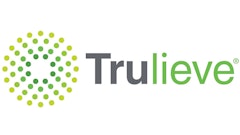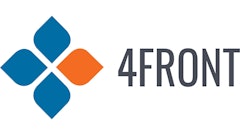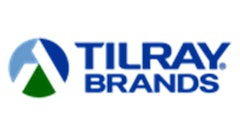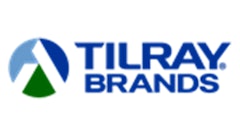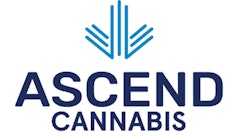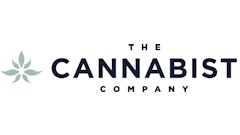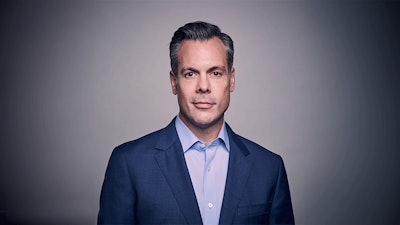
As the federal government dangles the possibility of reclassifying cannabis as a Schedule III substance, one of the largest publicly traded cannabis companies in the U.S. is now positioning itself to capitalize on future catalysts for the industry.
Verano Holdings commenced trading on Cboe Canada Oct. 18 and delisted from the Canadian Securities Exchange (CSE), where it has been since first going public in February 2021.
Verano Chief Investment Officer Aaron Miles details what led to this move, and the implications.
Tony Lange: What went into Verano’s exchange evaluations since February 2021?
Aaron Miles: The Cboe has one of the largest equity platforms in the world. It just didn’t have a really strong corporate listings business. Well, that’s changed. So, in the U.S. they launched a corporate listings business, and in Canada they bought the NEO Exchange. That’s when my mind started to go, “OK, we really need to look at this” because of the firepower behind the NEO now with the Cboe and their technological platform. That’s when it really started to change our mind.
TL: Why not the Toronto Stock Exchange (TSX)?
AM: You have three players in the U.S.: You have the NYSE, Nasdaq, and you have Cboe U.S. now. We have senior exchange status on the Cboe Canada. We had to get opinion letters written. We had to position the company for the senior exchange status, which now positions us in the U.S. if uplisting is a possibility. And we didn’t have to restructure the business. We didn’t have to acquire a foreign asset. So for us to get senior exchange status, tighten up our trading, get index inclusion, and have a [link] to the U.S. through the Cboe U.S., we’ll take that all day long.
TL: At what point did Verano turn from “keeping an eye on” Cboe Canada to actually pursuing a path toward listing there?
AM: HHS [the U.S Department of Health and Human Services cannabis rescheduling recommendation to the DEA on Aug. 29, 2023]. You go down the path of rescheduling and you start to say, “OK, this is legit.” If HHS was like, “This isn’t going to happen,” then we’d have to say, “OK, this is five years out, we really need to evaluate what we would look like as a Canadian company.” So that’s where you would do the heavy evaluation, TSX versus Cboe Canada, and do we go down this path and really start to beef up our foreign operations?
TL: Should the DEA reclassify cannabis to Schedule III, do you anticipate that Cboe Canada listed cannabis companies will be the first ones to transition to U.S. listings?
AM: I would say the quick path into the U.S. played a major role into us wanting to be a part of that [Cboe] network. For somebody like us [to take the TSX route], we’d have to buy a [foreign] company, restructure the business, and then for us to get back into the U.S., you almost have to re-restructure your business, and you’re not under the TSX U.S. umbrella, because there isn’t one that exists. So you’re literally starting almost from scratch to get back into the U.S. And so, for us, I would anticipate a very smooth path into the U.S. because of the way that we are meeting this senior exchange status: We’re an SEC reporting company. And, again, we’re a familiar commodity and known commodity to the Cboe because we’re a part of this network now.
TL: Putting the possibility of rescheduling aside, let’s say it doesn’t happen. Does listing on Cboe Canada still help Verano become more independent of the need of regulatory reform in the U.S.?
AM: Yep, absolutely. And it’s for all the reasons that we talked about: better trading, better access to capital, tighter restrictions around predatory trading, a better platform to trade on.














